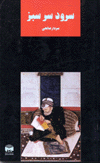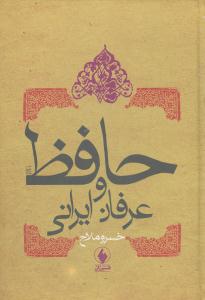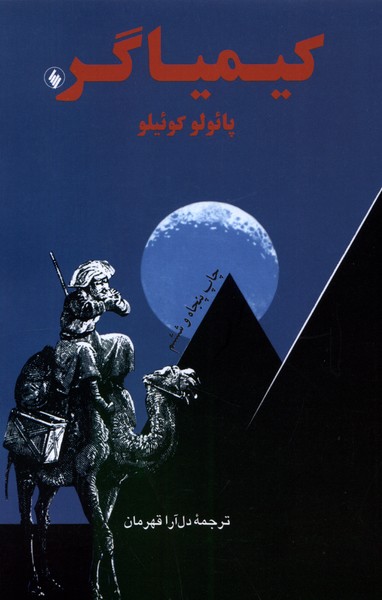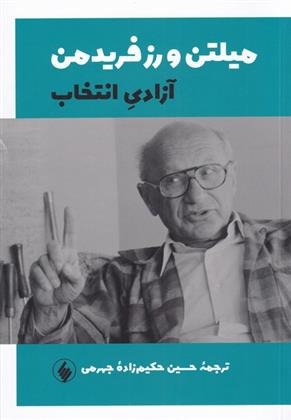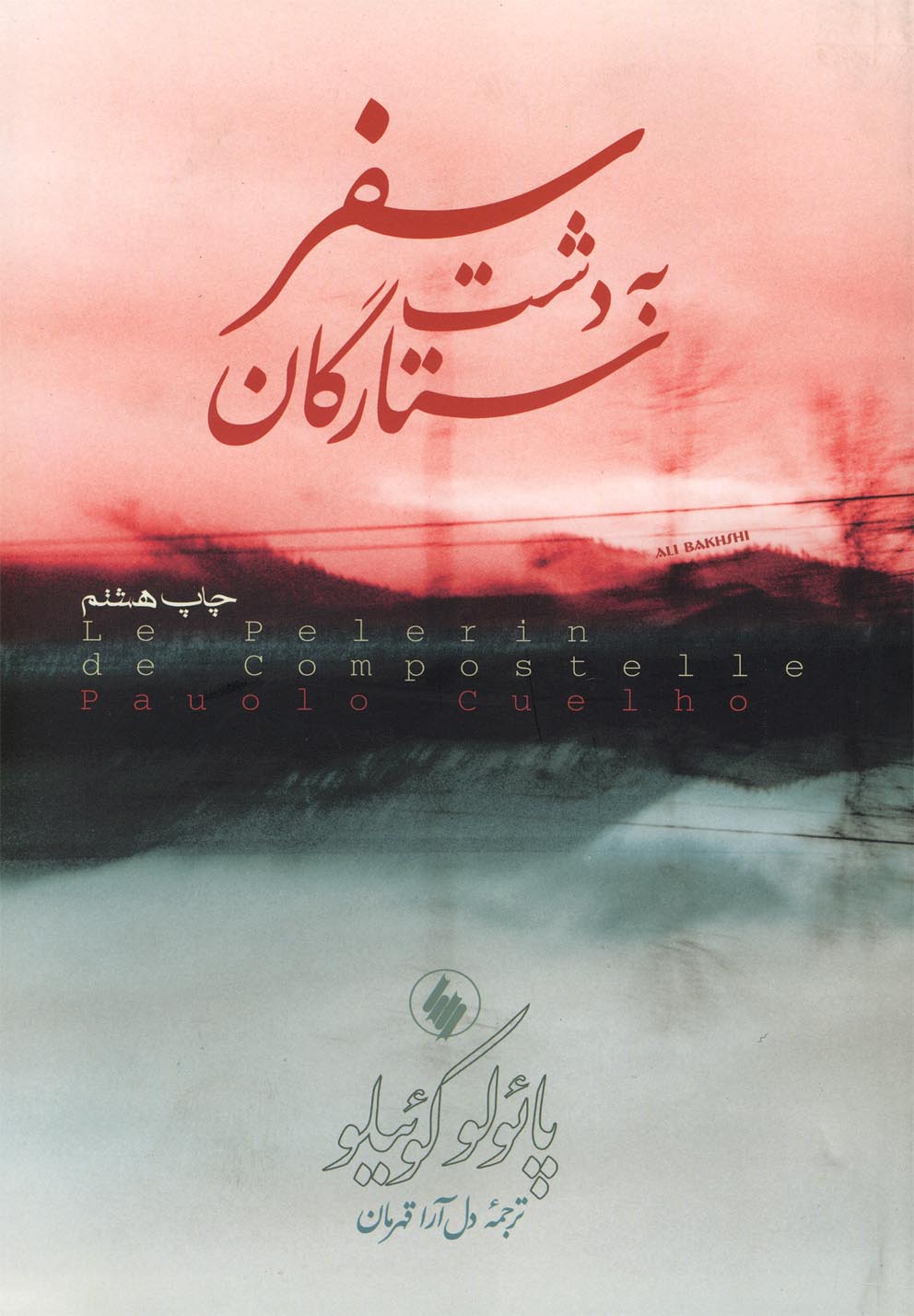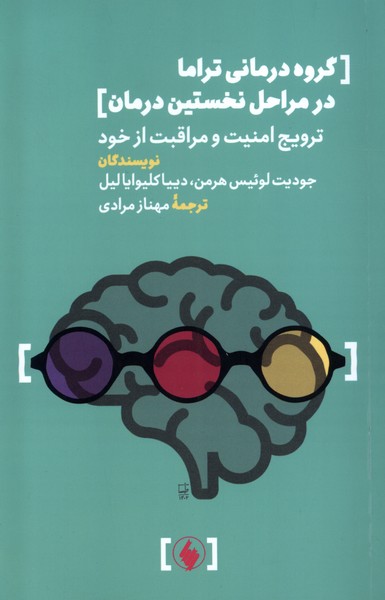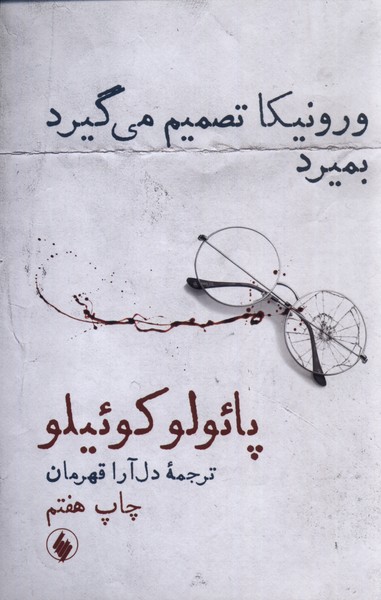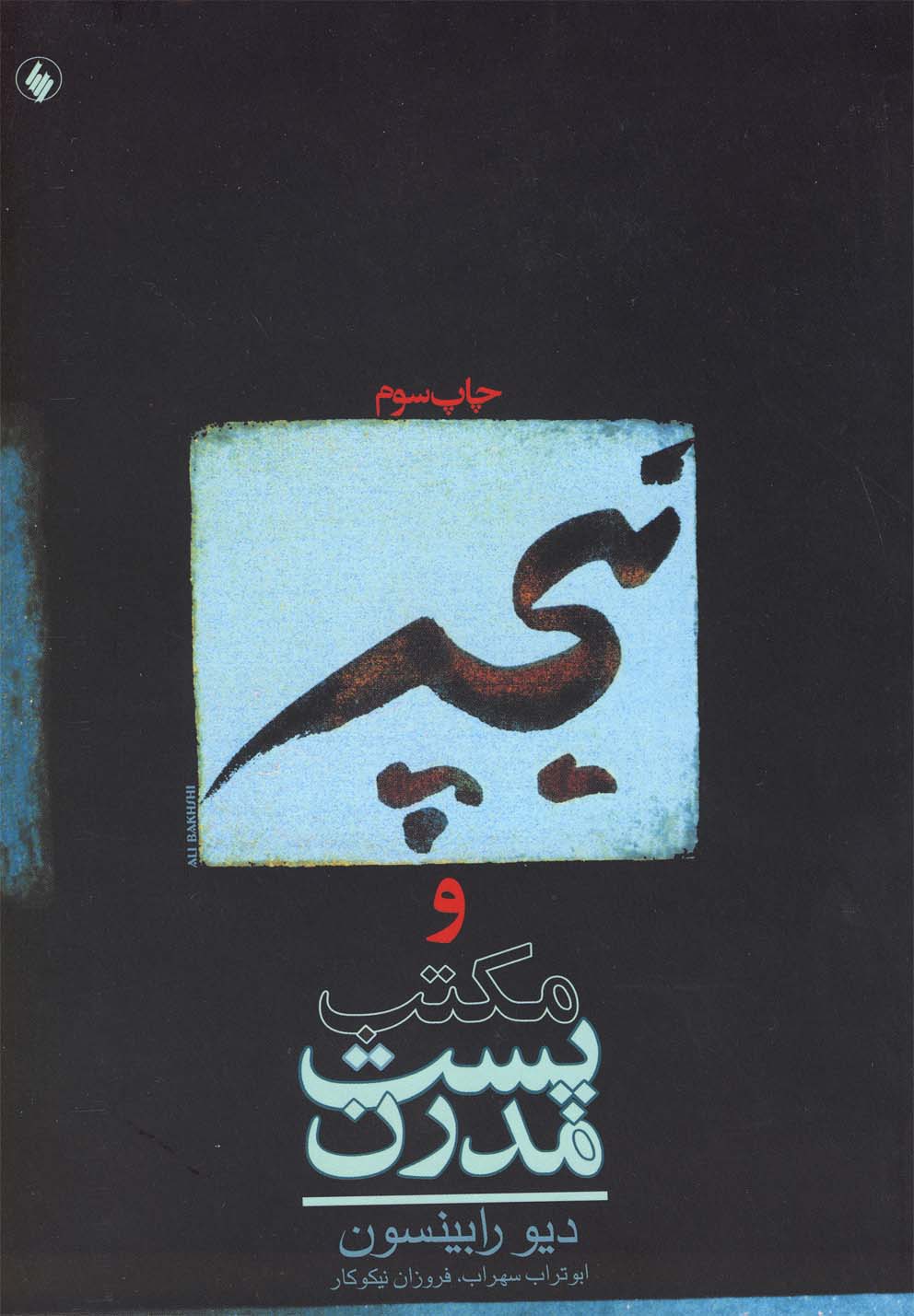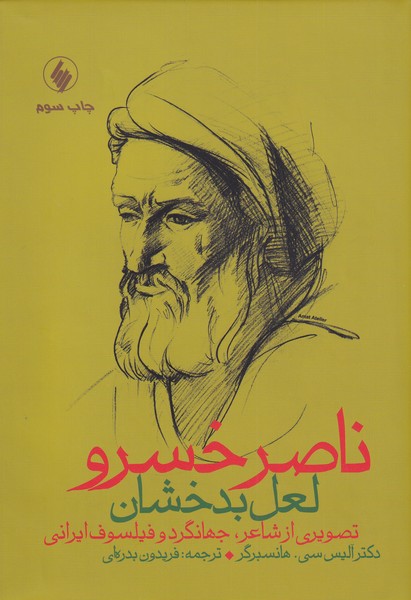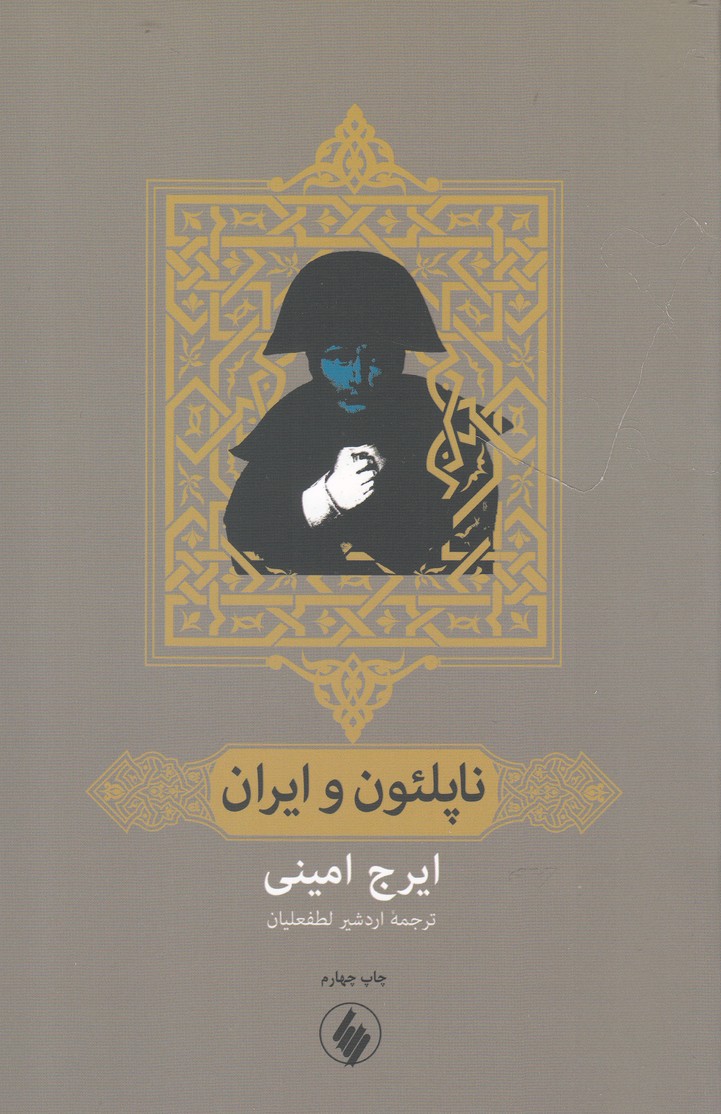مفاهیم اخلاقی دینی در قرآن مجید الفارسية 1444
Mafāhīm Akhlaqī-Dīnī dar Qurān-i Majīd
26٫68 $
مشاركة
Wishlist
ISBN رقم:
9789646138384
المترجم:
Firiydun Badrihi
الناشر:
Farzān-i Rūz
الفئة العمرية:
البالغون
الصفحات:
522
الوزن:
564 g
أبعاد المنتج:
14 x 21 x 4٫7 cm
غلاف الكتاب:
غلاف ورقی
In the Ethico-Religious Concepts in the Qur'án Toshihiko Izutsu analyzes the guiding spirit of the Islamic moral code, the basic ethical relationship of man to God. Izutsu asserts that, according to the Qur'anic conception, God is ethical and ethically acts upon man. The resulting implications for man are enormous, requiring devotion not merely to God but to living one's life ethically. Izutsu shows that for the Qur'an our ethical response to God's actions is religion itself; it is at the same time both ethics and religion. Izutsu explores these themes by employing ethnolinguistics, a theory of the interrelations between linguistic and cultural patterns, to analyze the semantic structure of major concepts in the Qur'an. Islam, which arose in the seventh century, represents one of the most sweeping religious reforms ever to appear in the East. The Qur'an shows in vividly concrete terms how time-honored tribal norms came into bloody conflict with new ideals of life, and finally yielded to the rising power. This transitional epoch is of particular importance in the whole of Islamic thought, a time during which the key terms of a traditionally fixed system of values were transformed in their connotative structure, modified in their combinations, and finally integrated into an entirely different system. Originally published in 1959 as The Structure of the Ethical Terms in the Koran and revised under the current title in 1966, this 2002 reprint makes this classic work of Islamic studies once again available.
more
توشیهیکو ایزوتسو در کتاب "مفاهیم اخلاقی دینی در قرآن مجید" ، روح هدایت کننده قوانین اخلاقی اسلامی، رابطه اخلاقی اساسی انسان با خدا را تحلیل می کند. ایزوتسو اظهار می دارد که بر اساس تصور قرآنی، خداوند ماهیتی اخلاقی دارد و به گونه ای اخلاقی بر انسان عمل می کند. پیامدهای ناشی از آن برای انسان بسیار زیاد است، و نه فقط به خدا، بلکه به زندگی اخلاقی خود نیاز دارد. ایزوتسو نشان می دهد که برای قرآن پاسخ اخلاقی ما به اعمال خدا، خود دین است. ایزوتسو این مضامین را با به کارگیری زبان شناسی قومی، نظریه ای از روابط متقابل بین الگوهای فرهنگی زبانی، برای تحلیل ساختار معنایی مفاهیم اصلی در قرآن بررسی می کند. اسلام که در قرن هفتم ظهور کرد، یکی از گستردهترین اصلاحات مذهبی است که تا به حال در شرق ظاهر شده است. قرآن بهطور واضح نشان میدهد که چگونه هنجارهای قدیمی قبیلهای با ایدهآلهای جدید زندگی در تضاد خونین قرار گرفتند و سرانجام تسلیم قدرت در حال ظهور شدند. این عصر انتقالی در کل اندیشه اسلامی از اهمیت ویژه ای برخوردار است، دورانی که در طی آن اصطلاحات کلیدی یک نظام ارزشی ثابت سنتی در ساختار مفهومی خود دگرگون شد، در ترکیبات آنها اصلاح شد و سرانجام در یک سیستم کاملا متفاوت ادغام شد. این چاپ مجدد در سال 2002 این اثر کلاسیک مطالعات اسلامی را بار دیگر در دسترس قرار می دهد.
more







